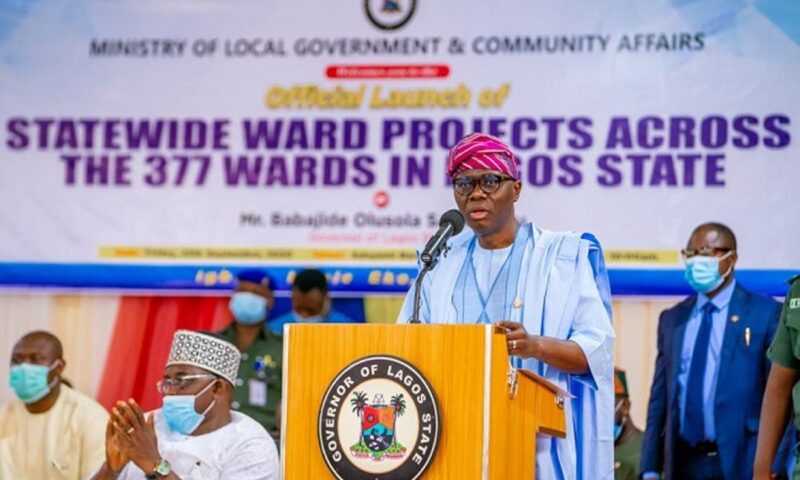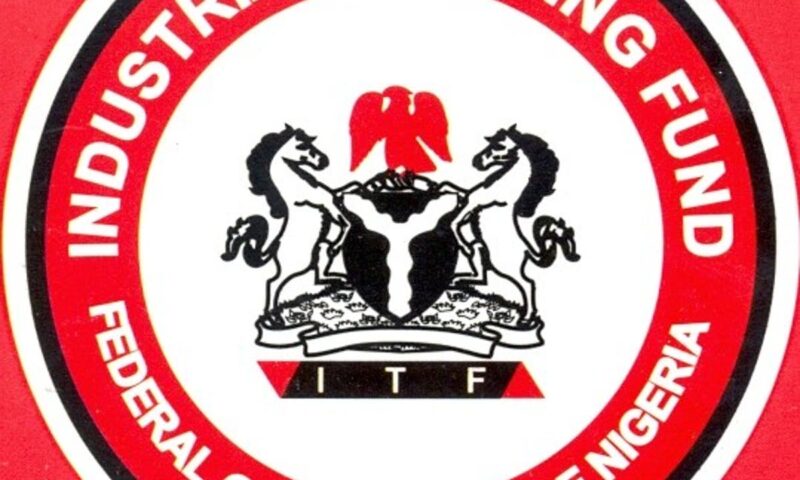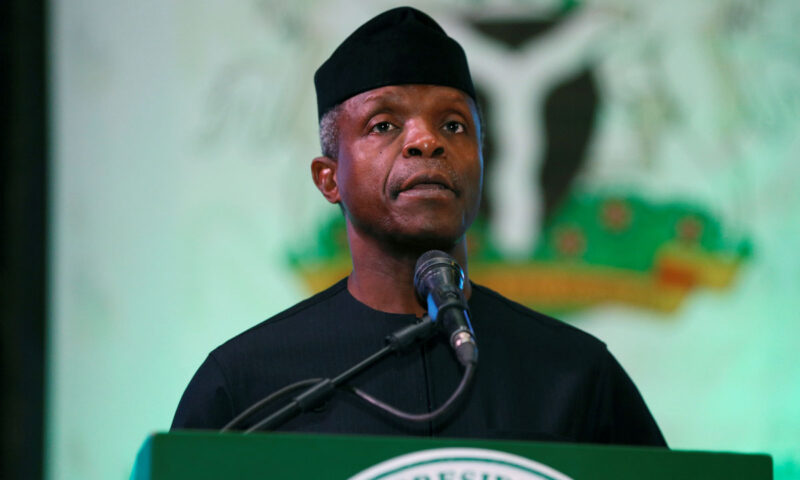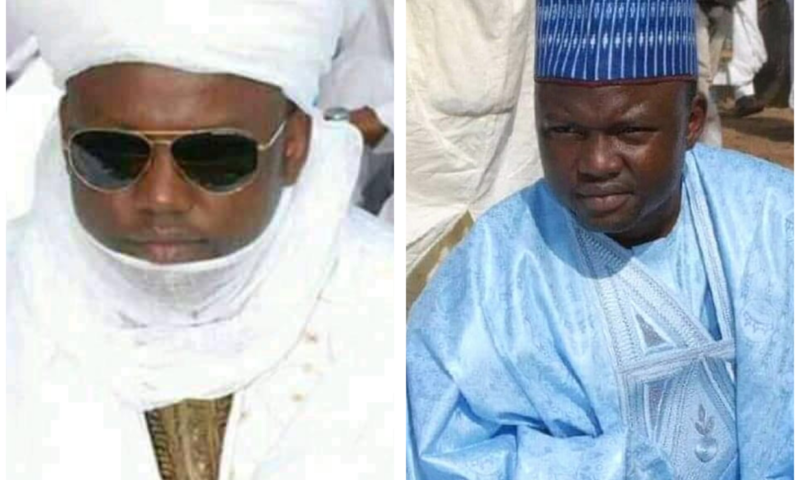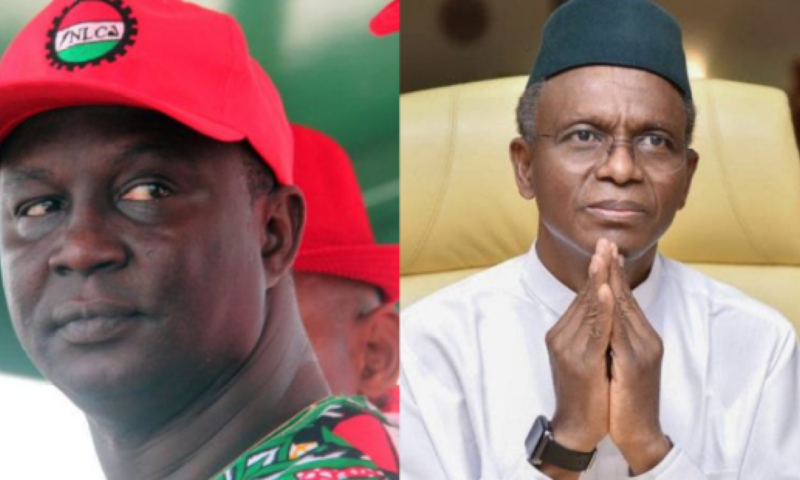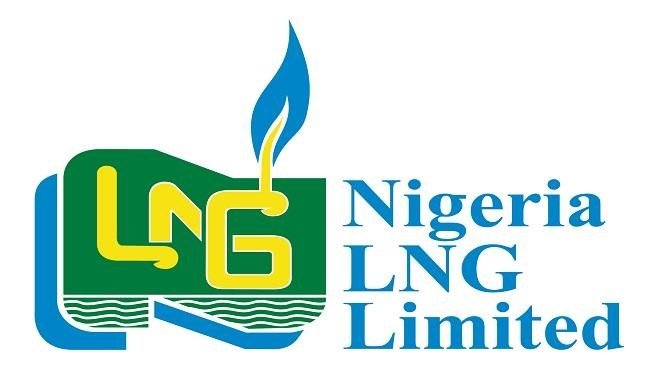Seplat Petroleum Development Company Plc, one of Nigerian independent energy companies,says its cash position remained strong in the full-year of 2020 and the $318 million of cash it generated from operations was significantly more than the $150 million invested for future growth.
In his address to shareholders and other stakeholders during the Annual General Meeting in Lagos, Dr. ABC Orjiako, said the company’s capital expenditure in the 2020 business year was higher than the $125 million spent in 2019, which demonstrates the company’s commitment to growth; as it voluntarily repaid $100 million of its Revolving Credit Facility and ended the year with $225 million in cash and net debt of $440 million.
The company’s average working interest production was 51,183boepd, including 33,714bopd of liquids and 101MMscfd gas (17,469boepd).
He said: “Of this, our Eland assets contributed 8,855bopd, or 26% of total liquid volumes. Our financial performance enabled us to maintain our commitment to paying dividends. While other companies were cutting back or cancelling payments for the 2019 financial year, because of prevailing uncertainties, we honoured our commitment and paid a final dividend of US$0.05, for a total dividend of US$0.10 for 2019.
“In October 2020, we announced an interim dividend of US$0.05 and the Board has since approved an additional top-up of US$0.05, maintaining our US$0.10 dividend for the 2020 financial year. Since we raised $535 million at our initial public offering in May 2014, we have returned $344 million to shareholders in the form of dividends.
“The strengthening of our Board is part of our ongoing desire to achieve world-class governance of our company. Six of our 13-member Board are independent and we continue to work towards increasing diversity. In addition, as we announced in March, we have taken the bold decision to eliminate all Related-Party Transactions – a move that exceeds the requirements of the UK Code of Corporate Governance.”
According to Dr. Orjiako, it is the responsibility of the Board to plan for the long-term sustainability of the company, as scenario analyses on Seplat’s assets have been conducted under different climate change and demand scenarios, whilst looking towards a future in which Seplat is much more involved in promoting low carbon environment in its operations and the company adopting Seplat Energy as its new name following the passage of the resolution at its AGM.
“Such a transition will involve significant new innovations, technology, skills and relationships, compared to our existing expertise of subsurface exploration, drilling and hydrocarbon processing, but we are determined to be a major part of Nigeria’s future energy mix and help drive the country towards more sustainable energy generation,” the Seplat Chairman emphasized.
He added: “Our ANOH Gas Processing Plant will be a major step forwards in Nigeria’s drive to reduce carbon emissions, replacing potentially millions of small-scale, inefficient, and polluting generators with cleaner utility-scale power generation fired by Nigerian natural gas. In addition, we intend to increase our disclosure of environmental, social and governance (ESG) data, by adopting the recommendations of the Task Force on Climate-related Financial Disclosures and will commit to reporting CO2 emission data to the Carbon Disclosure Project in the near future.
“Helping our communities Part of our ESG commitment is already apparent in the long-term projects we implement in our host communities. As the Covid-19 pandemic struck Nigeria, it was our duty to help our host communities and States in whatever ways we could.”
In the same vein, Mr. Roger Brown, Chief Executive Officer, Seplat, said there is pressure to reduce oil extraction and the carbon emissions it creates; but that, he noted, depended on the rest of the world adopting less oil-intensive ways to travel and generate power.
He explained: “Nigeria’s per-capita energy consumption and carbon emissions are actually very low, and its national electricity grid is still very poorly developed. This is why the country is so reliant on small-scale diesel generation to satisfy its energy needs and this is the problem we need to address most urgently.
“It’s important to recognise that Nigeria is a developing country with low access to energy and a rapidly growing young population. Hydrocarbons are the country’s main resource and provide significant help for its economy. The proceeds from the oil industry fund a wide range of Sustainable Development Goals (SDGs) and are crucial to the country’s societal development.
“Nigeria needs to achieve significant growth in its capacity to deliver education and health services, food production and energy security. Without the development of its indigenous oil and gas industry these goals will become very difficult to achieve and so in Nigeria, the industry remains not just relevant but essential.”
According to Mr. Brown: “Seplat is embracing climate change opportunities on two fronts. Firstly, we continue to invest heavily in expanding our domestic gas business in line with the Government’s strategy to achieve universal access to electricity, and to make that energy cheaper and cleaner by replacing diesel generation, which is very damaging to the environment and the economy. Gas is clearly the next step for Nigeria, and we have a leading position domestically with the Nigerian Government declaring the ANOH project as one of the seven critical gas development projects for the country.
“Secondly, we have created a New Energy unit to focus on lower carbon to zero carbon fuel sources and the natural extension beyond gas is for Seplat to participate in renewable energy, such as solar power, and in emerging technologies such as carbon capture and storage. Our view is that Nigeria will benefit from being able to deploy renewable energy on its electricity grid rather than solely developing an off grid renewable solution. By providing a base load of cheaper, lower carbon gas on the grid, the acceleration of grid-based renewables will be possible, which is why we are currently focusing on accelerating our midstream gas business and additionally expanding into LPG, which is a good fuel source for cooking, preventing deforestation.”
“The priority for 2021 is to address our responsibilities as part of the global energy transition and to set realistic targets for how we as a company evolve to drive that transition along. Having survived the worst year in the history of the oil and gas industry, the actions we’ve taken before and during 2020 have left us in a position of strength and I am confident that as demand recovers and the imperative for gas increases, Seplat will exit 2021 a larger, stronger, more profitable company and strengthen its position as Nigeria’s indigenous energy leader.”
To this end, Mr. Emeka Onwuka, Chief Financial Officer, Seplat, said the company’s robust financial performance in 2020 demonstrated the importance of a prudent approach to managing its finances, focusing on capital allocation, revenue diversification, cost control, hedging and debt management.
He added: “Despite a challenging year, we repaid $100 million debt, invested $150 million for growth and maintained our dividend at $0.10 per share for the year.
“Financial sustainability begins with the decisions we make about capital allocation and the priorities we consider when using cash. Our aim has always been to maintain a healthy balance sheet, focusing on cash generation first and foremost so we can build up a large reserve for future deployment and protect ourselves against the kind of downturns the world experienced in 2020.”




